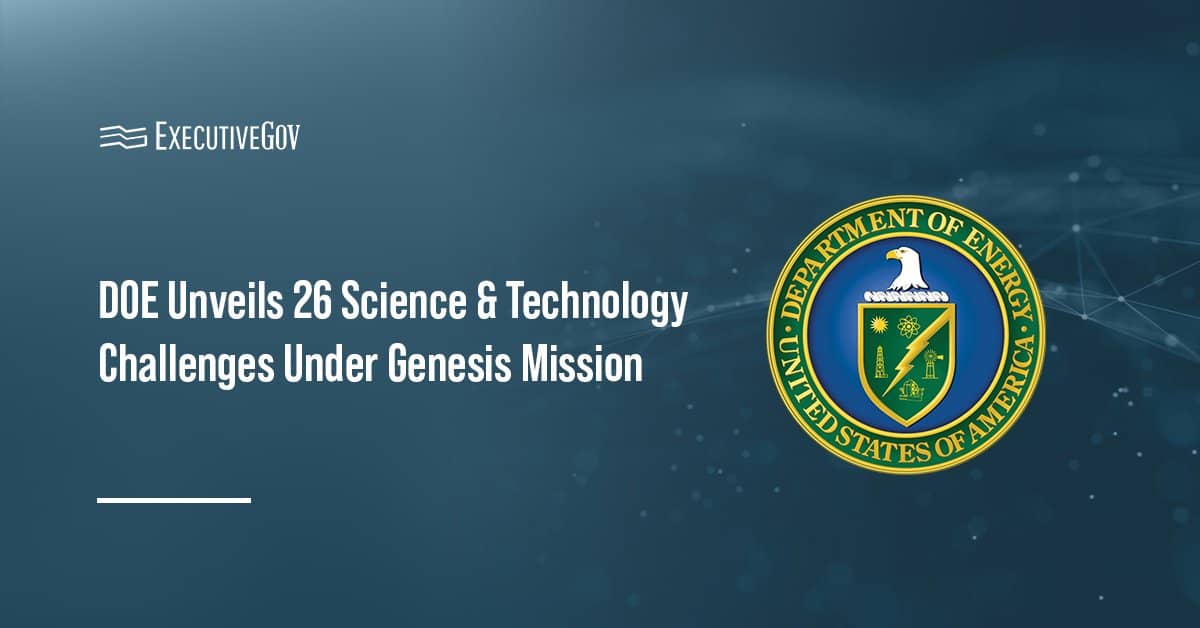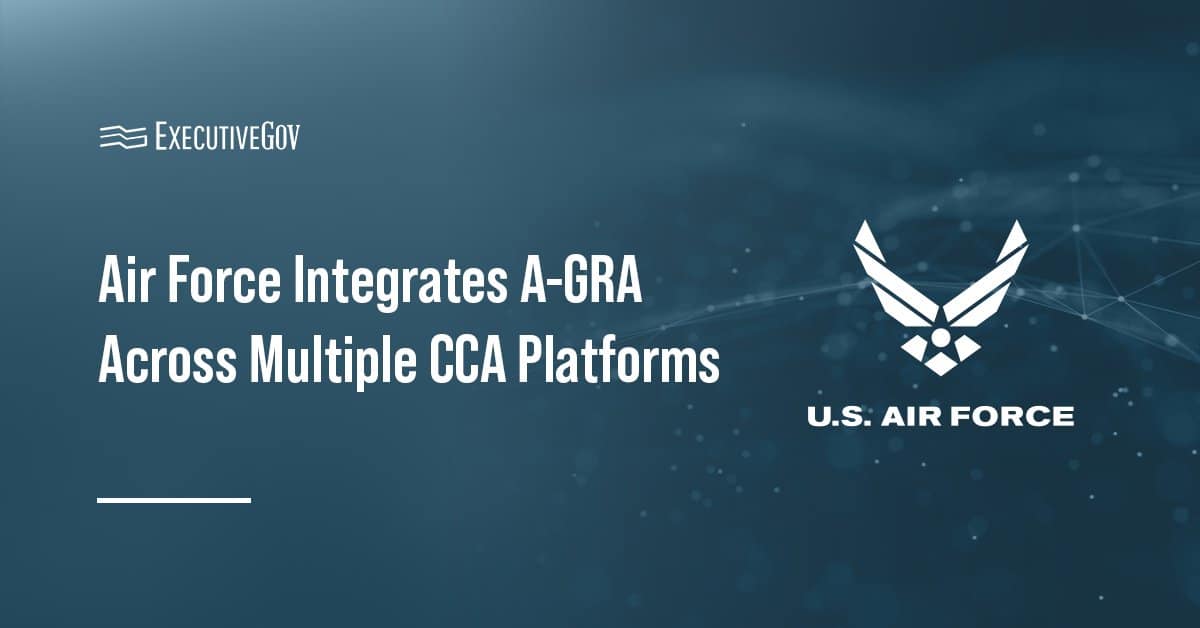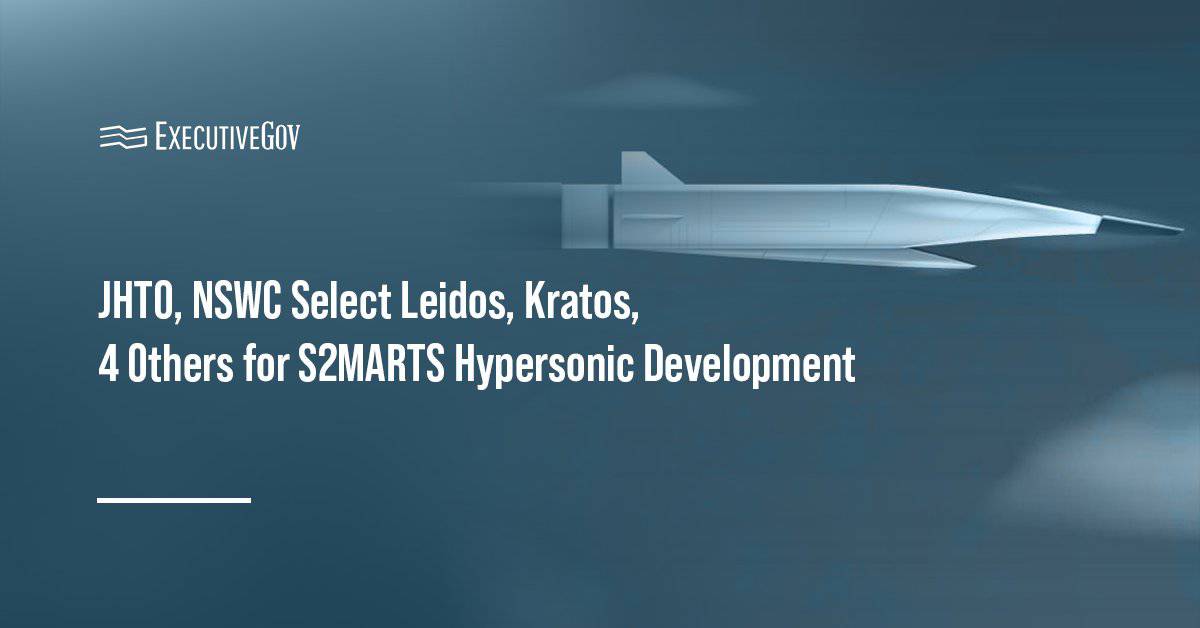The Army Applied Small Business Innovation Research Program is inviting small businesses to submit proposals to develop data-wiping technology to prevent adversaries from extracting critical information from military equipment.
The solicitation calls for novel technologies that can digitally erase sensitive field-programmable gate array systems and prevent reverse-engineering of hardware used on abandoned military technologies, the U.S. Army said Thursday.
According to the solicitation, the service aims to assess technologies that incorporate trigger mechanisms for automatic activation and information erasure.
Up to two small businesses will be selected to receive Army SBIR Direct to Phase II contracts worth $1.3 million each to mature and demonstrate their technologies.
The project will run for two years and interested companies may submit proposals between June 14 and July 18.





